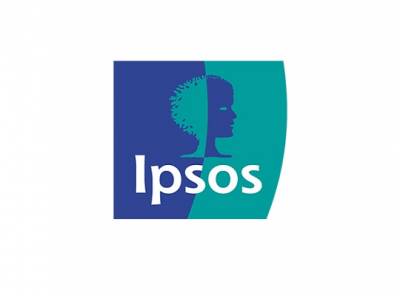Indian urban youth more enthused about the future than in most global markets
Indian urban youth is enthused about the future and feels a lot more privileged than parents in terms of opportunities for education, career options, entertainment, finances and quality of living, according to a survey by the World Economic Forum (WEF) and Ipsos, presented at Davos, in January 2020.
|
|
Attributes |
Better off personally Vis-à-vis Parents
|
Peers better off Vis-à-vis Parents
|
|
1 |
Access to good education |
85% |
84% |
|
2 |
Access to information |
85% |
83% |
|
3 |
Access to entertainment, like films, music, books |
84% |
86% |
|
4 |
Being able to travel abroad |
78% |
79% |
|
5 |
Having a successful career |
76% |
76% |
|
6 |
Being free to be true to oneself |
76% |
71% |
|
7 |
Enough money to live well |
75% |
75% |
|
8 |
Being able to own one’s own home |
75% |
72% |
|
9 |
Being able to live comfortably when you retire from work |
72% |
69% |
|
10 |
Having a secure job |
70% |
68% |
|
11 |
Being safe from crime & harm |
60% |
57% |
“India is a growing market, so is laden with opportunities for youngsters. The survey is urban centric; and it is commonplace for parents to bend backwards to cater to every whim and fancy of their children. Whether to provide them the best of education or to prepare them for the future, hand holding, until they secure a firm hold. Youngsters themselves have this competitive spirit and aspiration to taste success and grow as individuals. Youngsters live in interesting times – opportunities match their aspirations. Though the sentiment is not as positive in the area of safety from crime & harm, reflecting possible problems with rapid urbanisation,” observed Amit Adarkar, India CEO & APAC Operations Director, Ipsos.
By markets, the picture is not as hunky dory
Most markets feel their parents were better off. And there is a whole lot of worry among youngsters about their jobs and financial stability. Youngsters of most markets polled feel they are worse off than their parents.
The markets that buck the trend are India, China, Saudi Arabia, Peru, Philippines and Malaysia.
However, access to information and access to media, entertainment and books is enjoyed by youngsters across markets.
About the Study
These are the results of an Ipsos survey conducted between November 22 and December 31, 2019 on the Global Advisor online platform among 22,285 adults aged 18-74 in the US, Canada, Malaysia, South Africa, Singapore, Israel, Hong Kong and Turkey and 16-74 in 25 other markets.
The sample consists of approximately 1,000+ individuals in each of Australia, Brazil, Canada, China (mainland), France, Germany, Great Britain, Italy, Japan, Mexico, Spain and the US, and approximately 500+ individuals in each of Argentina, Belgium, Chile, Colombia, Hong Kong, Hungary, India, Israel, Malaysia, the Netherlands, Peru, the Philippines, Poland Romania, Russia, Saudi Arabia, Singapore, South Africa, South Korea, Sweden and Turkey.
The samples in Argentina, Australia, Belgium, Canada, France, Germany, Great Britain, Hungary, Italy, Japan, the Netherlands, Poland, Singapore, South Korea, Spain, Sweden and the US can be taken as representative of these countries’ general adult population under the age of 75.
The samples in Brazil, Chile, China (mainland), Colombia, Hong Kong, India, Israel, Malaysia, Mexico, the Philippines, Peru, Romania, Russia, Saudi Arabia, South Africa and Turkey are more urban, more educated and/or more affluent than the general population. The survey results for these markets should be viewed as reflecting the views of the more “connected” segment of these population.





Share
Facebook
YouTube
Tweet
Twitter
LinkedIn